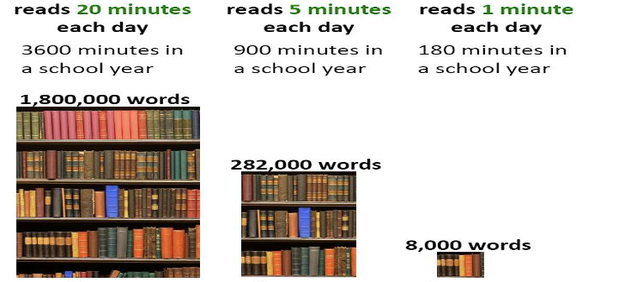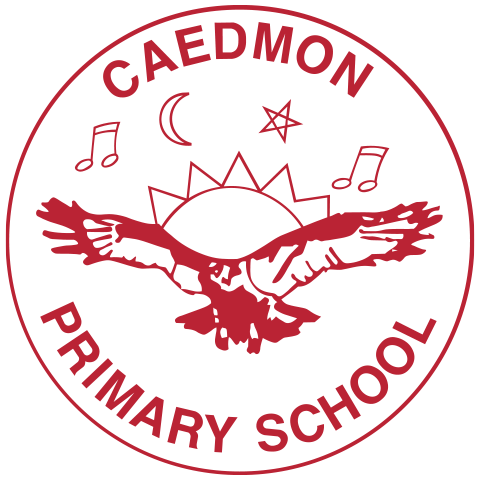Reading and Phonics
What is Reading?
Reading is making meaning from print.
It requires that we:
- Identify the words in print – a process called word recognition.
- Construct an understanding from them – a process called comprehension.
- Coordinate identifying words and making meaning so that reading is automatic and accurate – an achievement called fluency.
As children move through EYFS and KS1, they develop their skills in decoding through Read, Write, INC. The books children bring home are used to practise consolidating the phonic strategies they have been working on in school. By the time they reach KS2, most children have mastered their phonic skills and the balance moves towards making meaning from the text and developing fluency. At this point, children start accessing the Accelerated Reader Programme. Children choose a book, read it and then take a quiz to test their understanding.
Did you know? If you can’t read 5% of words in a text the meaning becomes lost. This is why it is so important to read with your child to help them overcome unfamiliar or tricky words, so that they understand what they are reading. The more times a child reads a text, the better their understanding.
This image shows the importance of daily reading.

At Caedmon, we work hard to develop a love of reading from an early age. Throughout school we have a multitude of reading areas where children can take time out to read their through the school day. Our class and central library are kept update with new and interesting books. We place a high importance on Reading a range of stories by a range of authors. We have a list of ‘Recommended Reads’ for every year group, which are used for daily story time where adults read aloud to children. These are available and displayed in reading areas in classrooms so children can access them.
We run a number of events and incentives throughout the year to promote reading these include:
- Reading Breakfasts with families
- Poet workshops
- Author visits
- Monthly reading competitions in our reading newsletter
- Illustrator visits
- Reading and drama workshops
- Weekly 'Golden Book Bags'
- Weekly Accelerated Reader and RWI certificates
